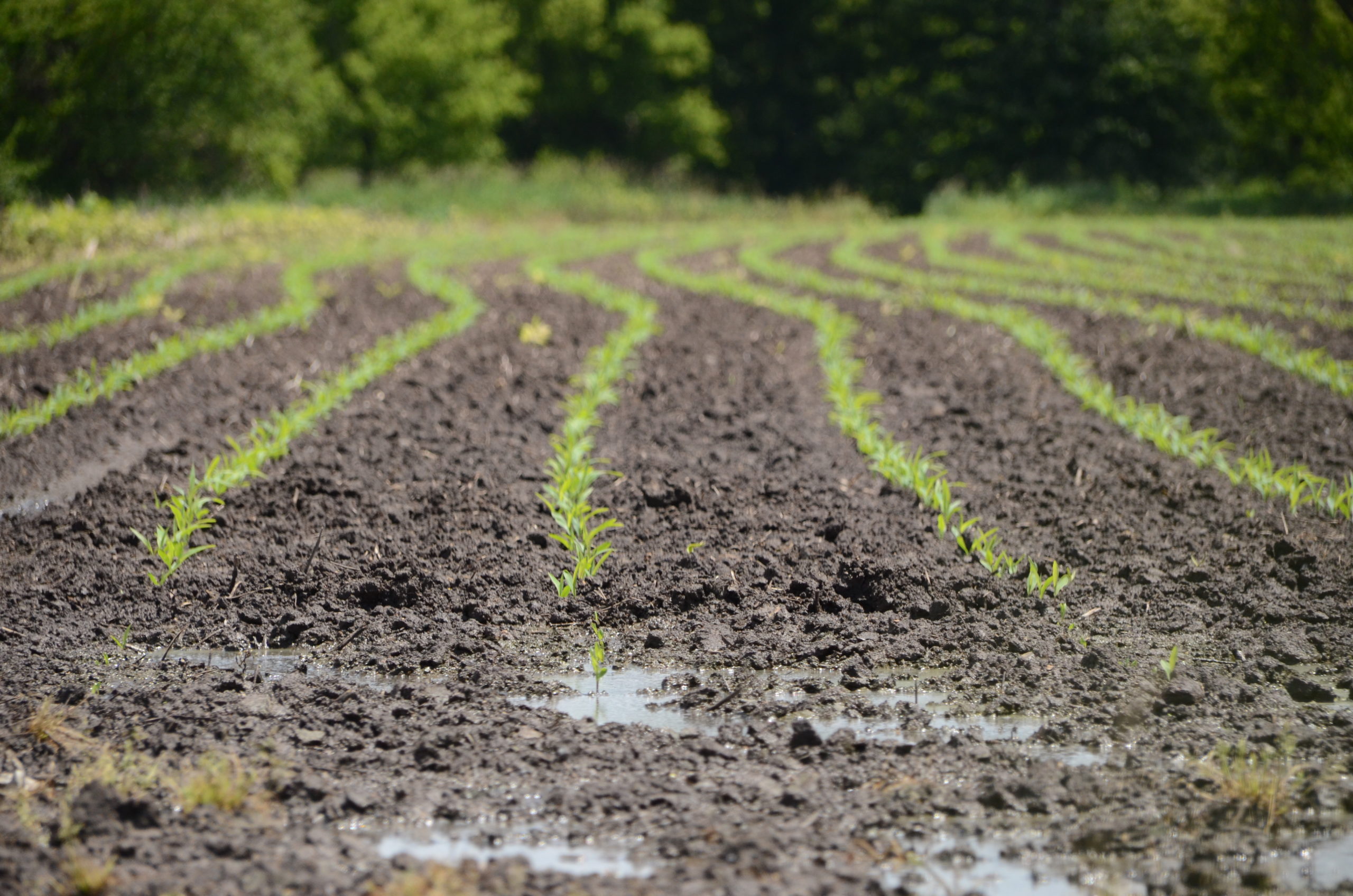The spring of 2019 will be remembered as one of the toughest on record to get crops planted and first cutting hay harvested. Farms across the Midwest struggled with untimely rains, flood watches and tornados and even the shrewdest of operators found themselves facing the close of planting season with half of their crop in the ground and wondering what the future would hold. Add this to a struggling dairy economy and the future looks bleak for anyone who is producing milk for a living.
“When things are difficult and it’s one of those tough days or weeks, there are two things that keep me focused; faith and family,” Darwin Sneller, MMPA member from Sebawaing, Michigan, said. “I believe that the Good Lord choose us to be dairymen and farmers. We are a special group of people who deal with more uncertainty than any other occupation and yet are relied upon to feed the world.”
Darwin and Kathy Sneller own and operate Starward Farms, in partnership with Kathy’s brother, Walter Gremel, and son and daughter-in-law Eric and Cassie Sneller.
“There have been plenty of tough times but never this length of time and every commodity we deal with, in the dumps, all at once,” Sneller said. “Now this spring we have been dealt the toughest planting season, being drawn out over three months and still there is a lot of ground which did not get planted. What does this hold for a poor dairy economy? Stay tuned because I don’t think anyone knows.”
As of June 9, only 3.5 days this year had provided proper conditions for field work in Michigan. About 63 percent of the state’s corn crop had been planted, down from 88 percent on the same date in 2018. Less than half of the soybean crop had been planted.
Richard and Trula Thomas milk 100 cows in Middlebury, Indiana with their son Sheldon. They purchased the farm and have been producing milk for 40 years.
“I’m committed to this lifestyle. I knew it was going to be bad at times and maybe I’m too much of an optimist but I’m hoping things will turn around quickly,” he said.
Thomas flat out admits that he enjoys milking cows and that’s what has kept him rising every morning to take care of his Registered Holstein herd. “I keep thinking that things are going to turn around and it has turned around somewhat, but it needs to get a lot higher and stay there.”
Hindsight is 20/20 and Thomas thinks that he should have sold out in 2008 when the cows were worth more and before the dairy prices went south in 2009. Now ten years later the dairy economy stifles his ability to make updates on the farm.
Both Sneller and Thomas have a keen focus on improving the genetics in their Registered Holstein herds. Both have bred and developed cows through the years that have garnered awards and banners in the show ring and the bulk tank. This focus has given them a spark to wait out the down markets and keep moving forward. Sneller commented, “The simple things are the most therapeutic and satisfying. That new heifer calf, that cow scoring excellent, placing high at the shows, are all things that give pride and accomplishment in your work.”
Family is paramount in tough times, Sneller explained. “On those tough days, it’s the little things that pick me up. My wife can give me a hug and a kiss on the cheek and say, ‘it will be okay.’ Your kids or parents are there to help and give a kind word. And of course, there are the grandkids,” Sneller said. “It can be a tough day and the grandkids in Maine call and just make you forget the problems. Or the 2-year-old who jumps out of his moms’ arms to get a ride with grandpa in the tractor, always brings a smile.”
Thomas believes that resiliency to stay in the dairy business is a must, but not everyone has it. When asked what advice he has for any young person jumping into the dairy business he replied with a chuckle, “Make sure you have a rich uncle.” He looks forward to the dairy economy picking up while he continues to develop their herd and market their elite genetics.
In the foreseeable future, Sneller says their farm is solid, “We have been able to do what we need to, in order to stay progressive. There are changes we have talked about, but we need for prices to pick up to make them feasible.”
Sneller also offered his two cents worth of advice for the younger generation, “A young person wanting to get into dairy farming needs to be connected with their family or as a valued herdsperson on an existing dairy. They have to have cow sense and financial smarts, unless they have won the lottery.”
Resilience is required to survive in this business, according to Sneller, “As far as being resilient, you have to be. Stuff always happens. You just deal with it, learn from it and move on. The sun comes up tomorrow.”
Sneller concluded, “I don’t have any magic answers in these difficult times, but keep a positive attitude and find ways to keep things light. Smile and laugh, it is contagious.”
–Melissa Hart
This article was originally published in the July/August issue of the Michigan Milk Messenger. Subscribe »

